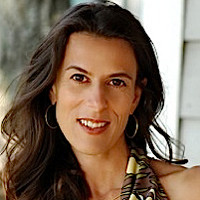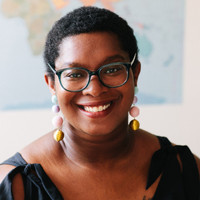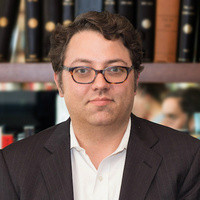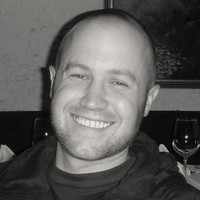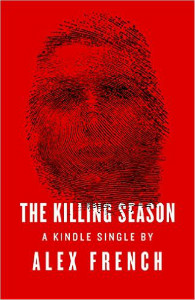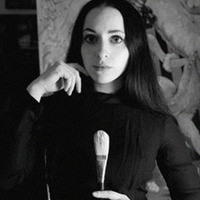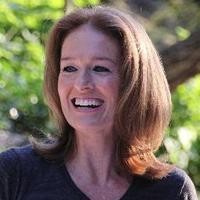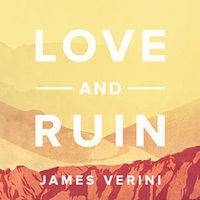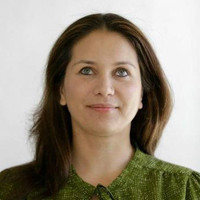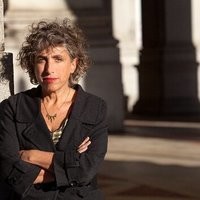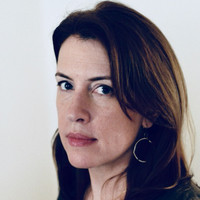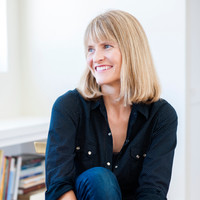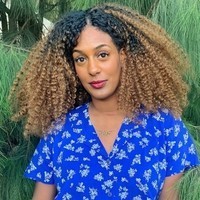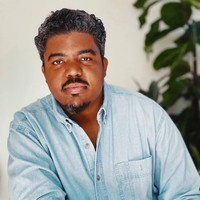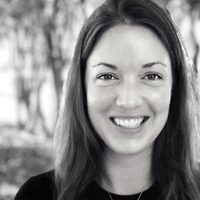For the first time, Janet Reitman discusses her Rolling Stone cover story on accused Boston Marathon bomber Dzhokhar Tsarnaev.
"My editors, myself, a lot of people who work for the magazine — we lived through an act of terrorism. We know what it feels like. There have been accusations to me personally of being insensitive, and I can tell you that I'm far from insensitive, not only to the political realities of terrorism but to the personal realities of terrorism. I breathed it in, literally. … The cover elicited an emotional response from people; that is not always what magazine covers do. I think it's great on a certain level, because terrorism is emotional, it's real, it affects us. It is not something that happens just overseas or just to people who are somehow "Other." If you talk to terrorism experts around the world, what they will all say is that the vast majority of people who are involved in these violent, extremist acts are what we would consider otherwise to be very normal people. One of us. Part of our community. That's a reality, and it's a very emotional thing and it makes people very uncomfortable. I totally understand that. But that was the point of my story."
Thanks to this week's sponor, Squarespace.
